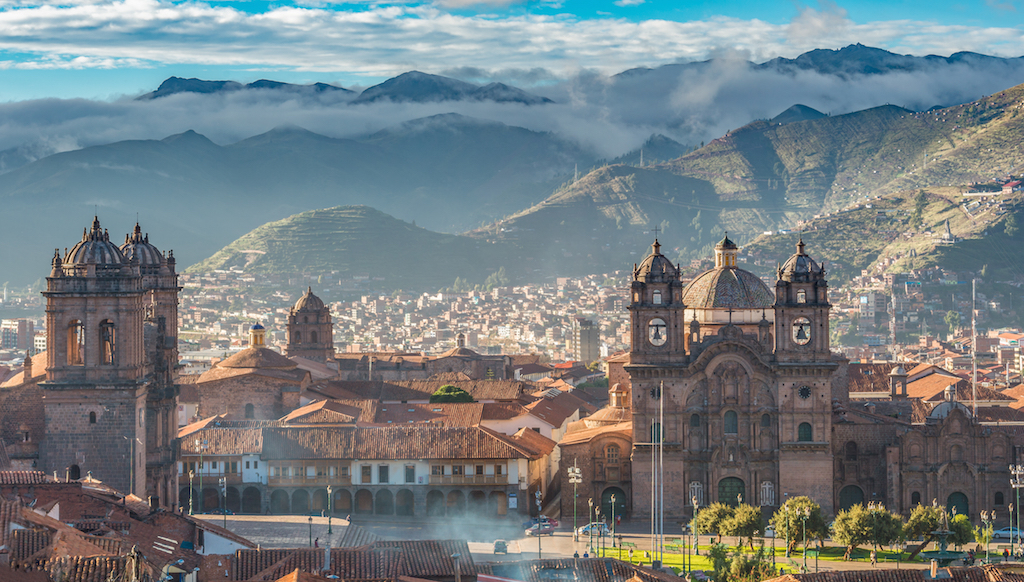Cusco isn’t just the beating heart of Peru, it’s also the undisputed cultural coronary of South America. For centuries, the city acted as the capital of the Incan empire before the Spanish arrived and claimed it as their own.
Today, Cusco is a UNESCO World Heritage site attracting just short of two million visitors annually, many of whom are en route to world famous Machu Picchu. While most people only use Cusco as a jumping point to reach the famed ruins, we recommend allowing two days to navigate the cobblestone streets and illogical alleyways of this historic city.
Where to Stay
A few blocks from Main Square (Plaza de Armas) is Casa Andina, a beautiful hotel with luxurious beds and exceptional service. It is located in Sans Blas, a hilly neighbourhood overlooking the city.
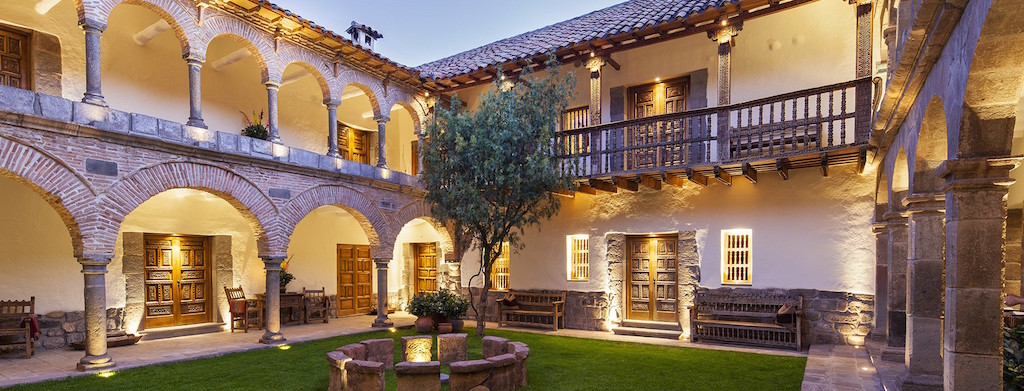
El Mercado is a cozy boutique hotel with a welcoming, “how can I help?” service standard. Each room is unique, reflecting a mix of the city’s Incan and Spanish colonial heritage. Perhaps the best asset is the comfortable courtyard pictured below.
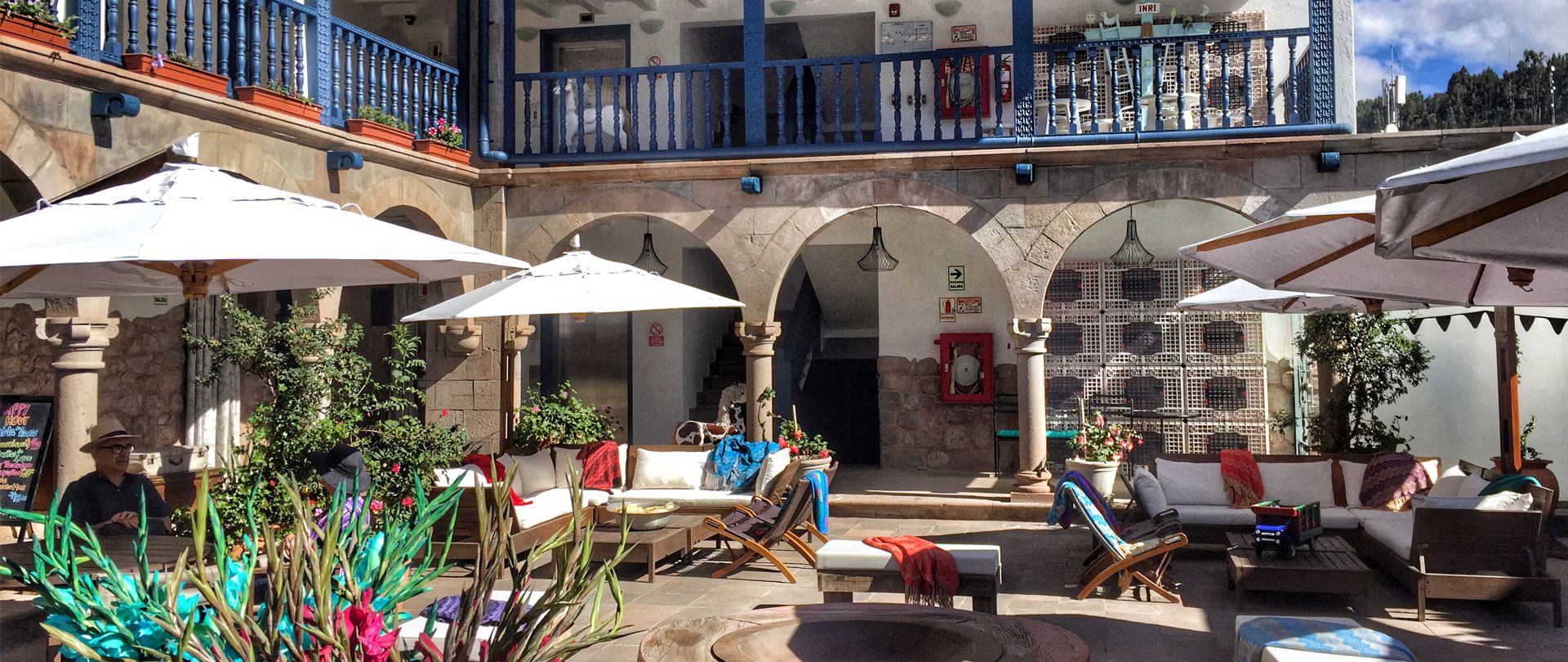
Another nearby option is Casa Sans Blas. While not as chic, the guest house has an onsite restaurant serving exceptional Andean cuisine as well as a complimentary breakfast buffet.
If you’re looking to splurge, there’s a lovingly restored Spanish colonial building off Main Square that has been transformed into one of the cities best hotels, Inkaterra La Casona Relais & Chateaux. You’ll enter through brick and beam arches before lounging by candelabras. The rooms are fitted with stone fire places and decorated with Incan textiles.
Where to Eat
Peruvian cuisine is divided into three key regions: coastal, Amazonian and Andean. As the largest city in the Andes, Cusco is the best spot for a taste of their carb-heavy, stick-to-your ribs mountain grub.
For the most authentic taste of the Andes, try El Jardín Secreto. The casual fine-dining restaurant is a great space to mix and mingle with locals while devouring affordable fare and cheap beer. On Sundays at 9:30pm, the restaurant hosts live music.
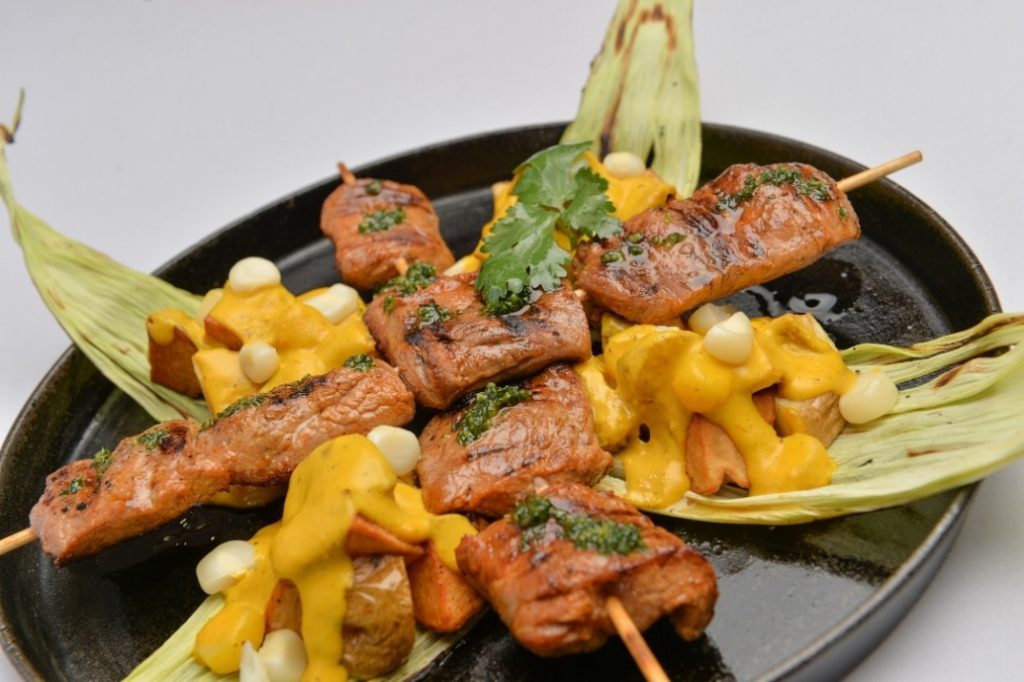
Marcelo Batata is the place to go if you’re looking for a heightened taste of the region. The award winning restaurant dabbles in fusion when appropriate, but focuses primarily on local ingredients and techniques to create beautifully avante garde dishes.
Other great Andean options include upscale Limo (perfect for a romantic meal) and La Quinta Eulalia (try the guinea pig, aka cuy).
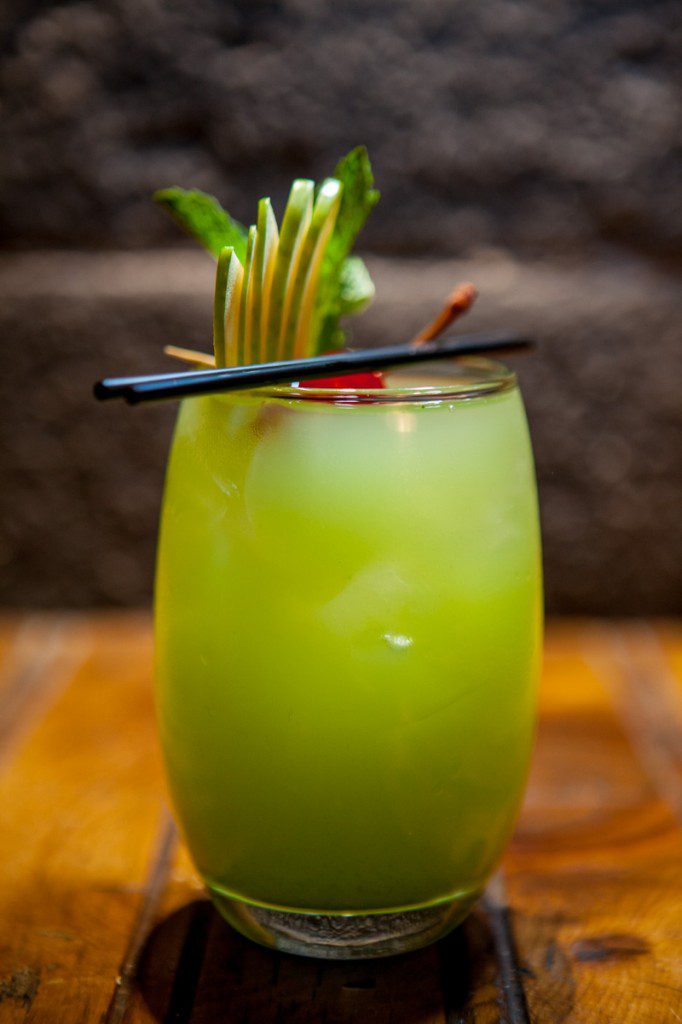
After dinner, waddle over to the Pisco Museo to learn about (read: drink in excess) Peru’s famed fortified wine. You can order pisco by the ounce, cocktail or bottle (served table-side). Try a tasting flight to compare four varieties side-by-side. Or if you’re the hands-on type, a mixologist will teach you how to mix, shake and pour a Pisco Sour yourself.
Where to Go out
The majority of gay nightlife in Peru is centralized in Lima. However, there are two recommended options in Cusco: Fallen Angel and Mama Africa.
Fallen Angel is more restaurant than bar, however, it’s where local homos frequent most. Either check their website or give them a call to find out if any of their annual parties are coming up.
Mama Africa is your best bet for a big night out. It attracts a mixed crowd looking to shake and shimmy to the latest Latin pop.
What to Do
Begin in Plaza de Armas and branch off through the cobblestone streets and alleyways, discovering cathedrals and Inca Temples throughout.

Main attractions include Basilica of Our Lady of the Assumption, Iglesia de la Compania de Jesus and Qurikancha. If you have means to get out of the city, the Sacred Valley is a must to discover Quechua culture while the small town of Ollantaytambo is highly recommended. Inside Ollantaytambo is Sacsayhuamán, a fantastic Incan fortress. You can also find the famed statue, Cristo Blanco a short walk away.
In terms of museums, make time for Museo de Arte Precolombino and Museo Inka.
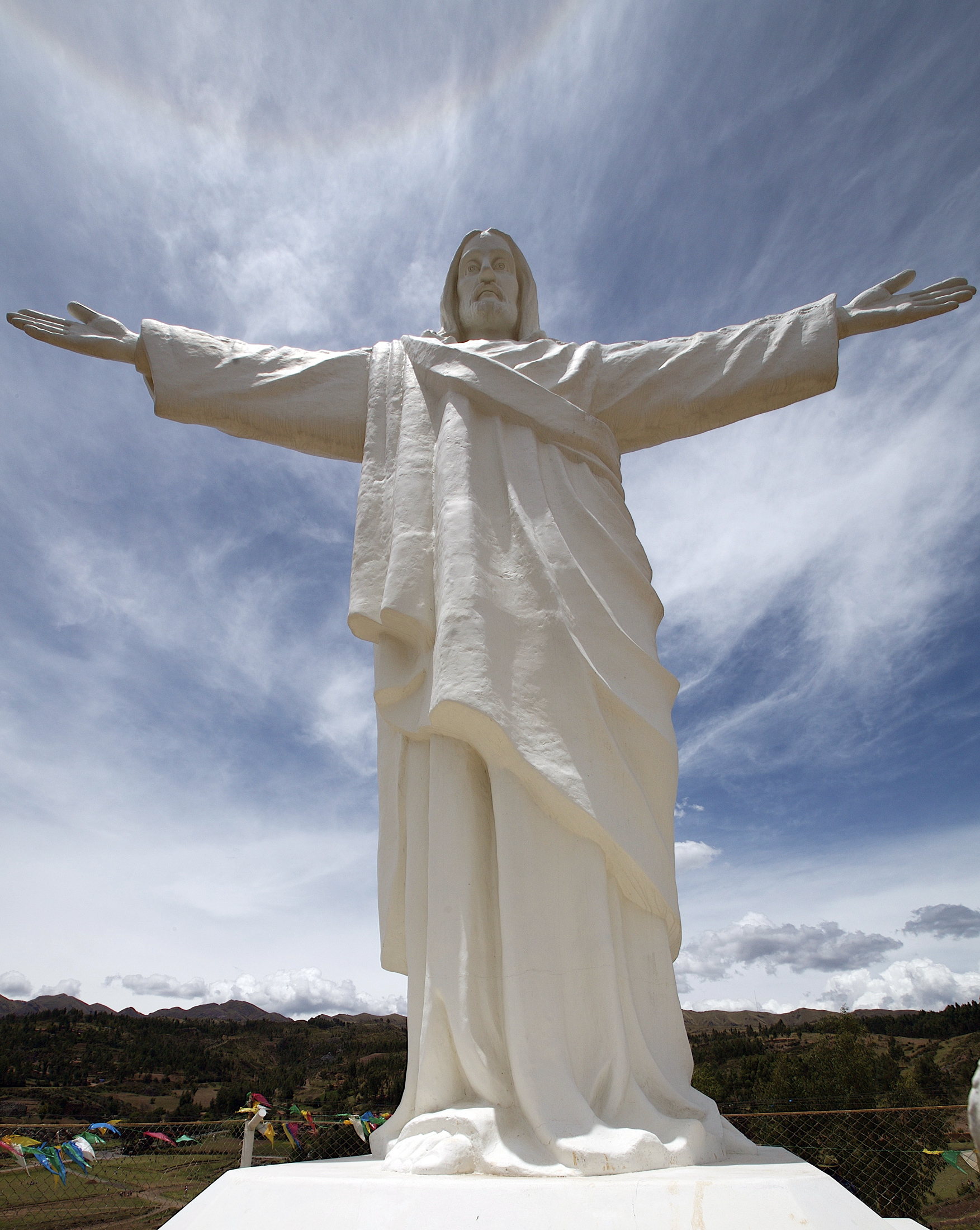
Finally, explore the artisan and craft stalls of Sans Blas. You can find authentic souvenirs and interesting trinkets in the area, especially during the weekly Sunday market in Plaza de Armas.
Both Out Adventures’ Peru: The Inca Trail & Machu Picchu as well as The Peruvian Amazon and Machu Picchu include time in Cusco. If you’re interested in learning about either tour, email info@out-adventures.com
Featured Posts
Can't make one of our Gay Group Tours of Peru? No problem! Here's three other ways we can help you explore Peru.Read More
An award-winning ecolodge, five-star dining and an array of exclusive excursions await the gay traveller interested in visiting the Peruvian Amazon with Out Adventures.Read More
Today's episode of The Gay Travel Podcast is a big Incan deal as we count down our top 10 experiences you can only have in Peru.Read More
Insider tips to help you book your next gay Latin America vacation.Read More
Meet Daniel, Out Adventures' new gay Peru guide. Read More
